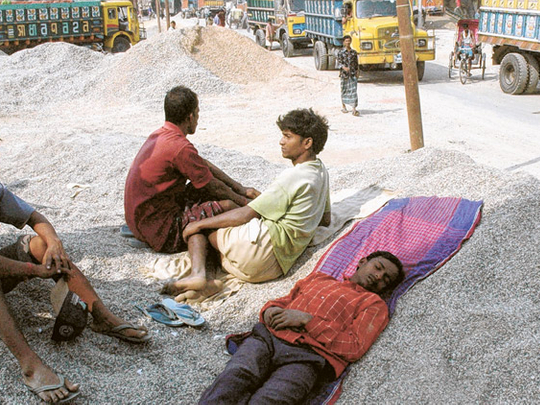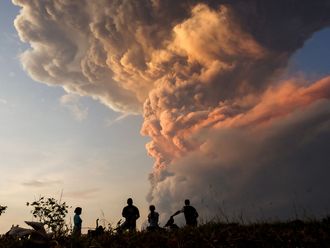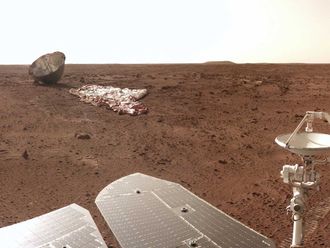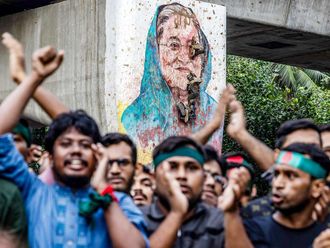
Dhaka: Bangladesh is to charge fees, instead of duties, to India, for transporting goods over land, to its isolated northeastern states.
"Initiatives are underway to frame new rules to fix the amount of fees, in line with international practices," a finance ministry official told Gulf News.
He added that World Trade Organisation (WTO) provisions suggest that fees, "not duties" should be charged by any country offering transit facilities to another for goods.
The official's comments came as the Finance Minister, AMA Muhith, said Dhaka would need to charge India as they would be using Bangladeshi infrastructure for carrying the goods.
"They will use our facilities to transport their goods. Our infrastructure will be used and that involves some cost for the government. So we'll have to take something; it may be called a 'fee' or anything," a newspaper on Wednesday quoted him as saying.
Muhith said the existing transit rules of the National Board of Revenue (NBR) would be amended to offer the facility.
Bangladesh has offered India transit facilities since the time of independence and the country now receives fees of around Taka 5 crore annually for this service.
But a new set of rules are now required for all the transit routes, as road and rail transport does not come under this remit.
The WTO affairs committee chairman of the apex Federation of Bangladesh Chambers of Commerce and Industries (FBCCI) chairman, Manzur Ahmed, told the Prothom Alo newspaper on Wednesday that the European Union (EU) nations and the Association of Southeast Asian Nations (Asean) countries charge fees for transit facilities.
"Bangladesh should not bar the charging of fees in exchange for the facility," Ahmad said.
Dhaka and New Delhi, in March this year, signed a crucial shipping agreement, to allow Indian goods to be shipped to its isolated northeastern Tripura state, through Bangladesh territory.
In July, Bangladesh also used India's transit facilities for its northeastern Chittagong and southwestern Mongla ports, under a landmark Dhaka-New Delhi agreement.












